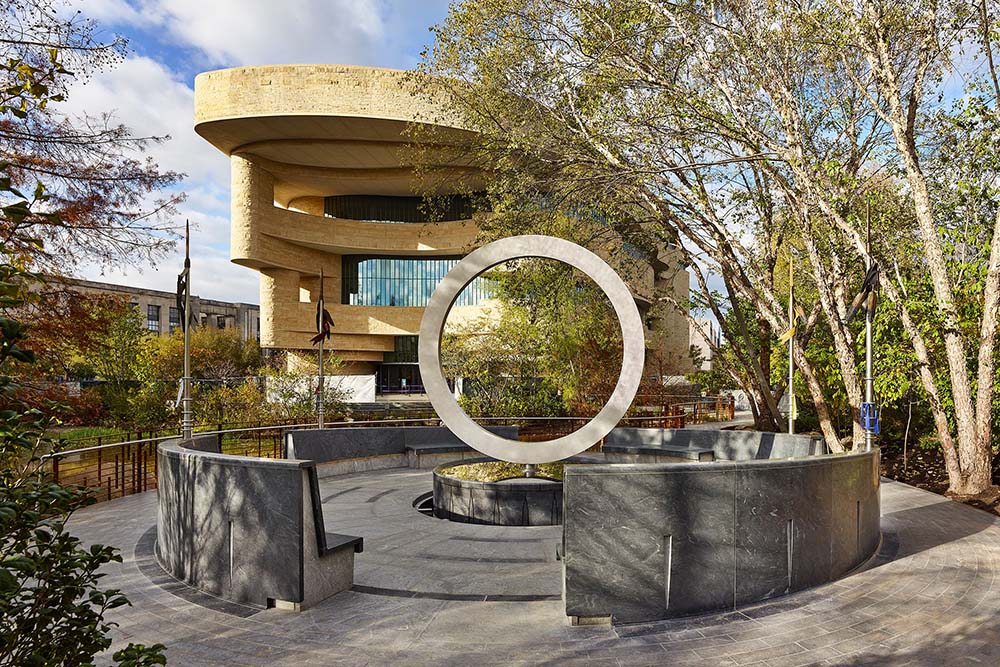
- Details
- By Levi Rickert
Opinion. When I was a child, my Grandma Whitepigeon referred to Memorial Day as Decoration Day. My mother took my siblings and me to watch parades with national guard soldiers marching, accompanied by high school marching bands, down the streets in downtown Grand Rapids.
We would also visit the cemetery where relatives, including my great-grandfather James Whitepigeon, are buried. I thought the cemetery was for Indians because the graves had headstones of Native American names.
Later in life, I discovered the cemetery was not an Indian cemetery. It actually only had a section where my family is buried, and I came to realize the true meaning of why Memorial Day is celebrated goes beyond making sure cemetery headstones are wiped clean and decorated with flowers.
As I got older, I also came to realize that Memorial Day is a federal holiday when we remember those fallen warriors who lost their lives for the country. It is said that giving your life for your country is the ultimate sacrifice. Memorial Day is a day to remember those warriors who paid the ultimate price.
As Memorial Day approached this past week, I began to reflect on Native Americans who have served and given the ultimate sacrifice for the United States.
Throughout American history, American Indians and Alaska Natives have proudly served and died for the United States of America. According to the Oxford Companion to American Military History, American Indians and Alaska Natives have the highest record of military service per capita compared to any other racial/ethnic group in the United States.
Remarkably, even before American Indians became citizens of the United States in 1924, during World War I (July 28, 1914 – November 11, 1918), some 12,500 American Indians served in the armed forces. They fought for freedom when they weren’t even citizens of this country. Almost two-thirds of American Indians who served did so in the infantry, where they won widespread praise for bravery and achievement. Almost 5% of American Indian combat soldiers lost their lives, compared to 1% of American forces overall.
This Memorial Day I also remember Spc. Lori Piestewa, a Hopi tribal citizen, who was the first female American soldier to die in the invasion of Iraq. She is also remembered as the first American Indian woman to die for the United States.
Deployed from Fort Bliss in Texas, she had only been in Iraq for five weeks. Piestwea was only 23 years old when she gave her life in 2003. She left behind two young children.
For several years, Terry Piestewa, Lori’s father and a Vietnam veteran, wore a cap that read: “All give some, some gave all.”
In the immediate years after Piestewa’s death, tribal communities across Indian Country celebrated her life and death. At first, her family found the memorials in her honor difficult at first. As time passed, the family found the memorials and tributes to Lori beneficial.
"Now that it's been going on a while, it's been helping us to heal," her father said. "And it helps our grandchildren to know their mother, because when you're that young, you don't know your parents when they leave. Through what is happening to us, our grandchildren are getting to know their mother quite well. They know that there are a lot of people out there still thinking about their mother."
So, on this Memorial Day, please take time to remember and honor those fallen warriors who gave all. It is part of the healing process.
Thayék gde nwéndëmen - We are all related.
More Stories Like This
Jesse Jackson Changed Politics for the BetterNative News Online at 15: Humble Beginnings, Unwavering Mission
From the Grassroots Up, We Are Strengthening the Cherokee Nation
Friday the 13th: When Superstition Proves More Powerful Than Law
Congress Must Impose Guardrails on Out-of-Control ICE
Help us defend tribal sovereignty.
At Native News Online, our mission is rooted in telling the stories that strengthen sovereignty and uplift Indigenous voices — not just at year’s end, but every single day.
Because of your generosity last year, we were able to keep our reporters on the ground in tribal communities, at national gatherings and in the halls of Congress — covering the issues that matter most to Indian Country: sovereignty, culture, education, health and economic opportunity.
That support sustained us through a tough year in 2025. Now, as we look to the year ahead, we need your help right now to ensure warrior journalism remains strong — reporting that defends tribal sovereignty, amplifies Native truth, and holds power accountable.
 The stakes couldn't be higher. Your support keeps Native voices heard, Native stories told and Native sovereignty defended.
The stakes couldn't be higher. Your support keeps Native voices heard, Native stories told and Native sovereignty defended.
Stand with Warrior Journalism today.
Levi Rickert (Potawatomi), Editor & Publisher

